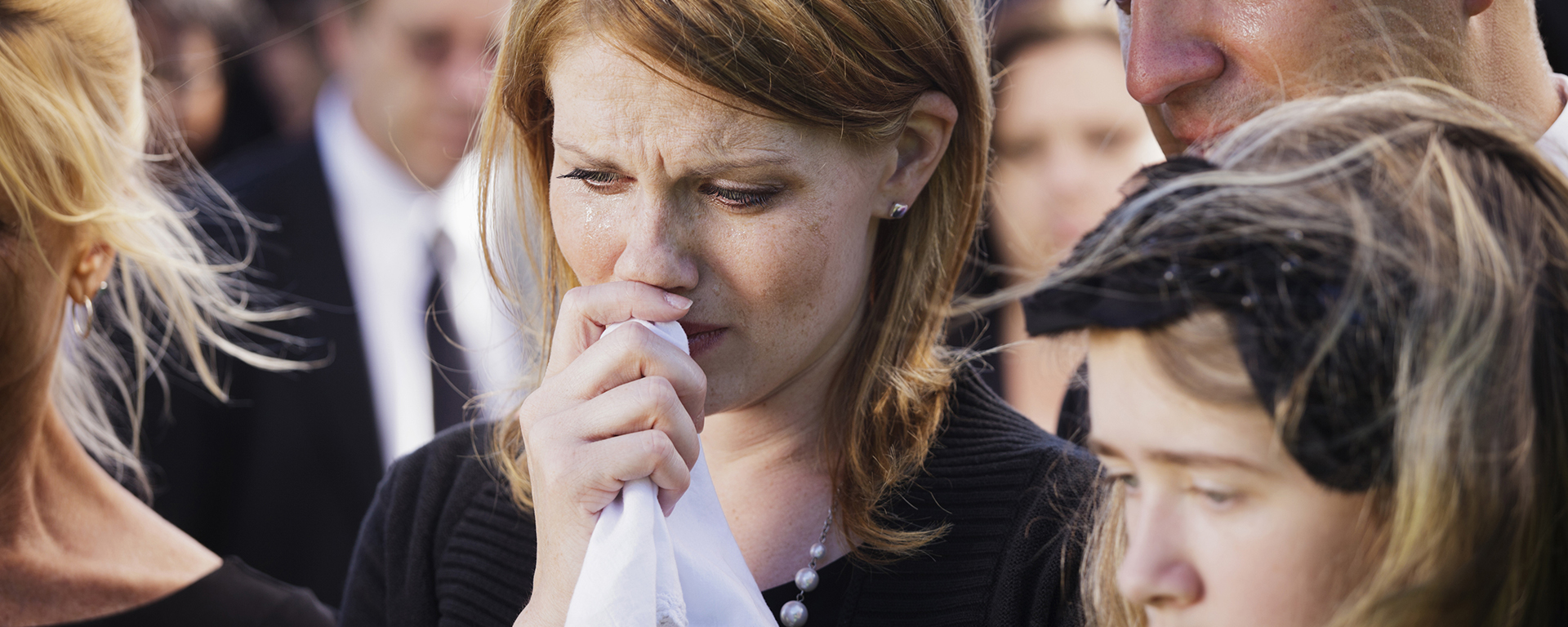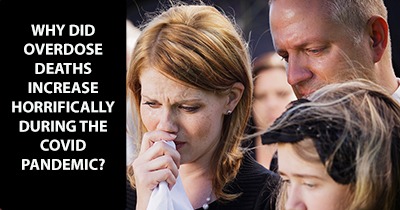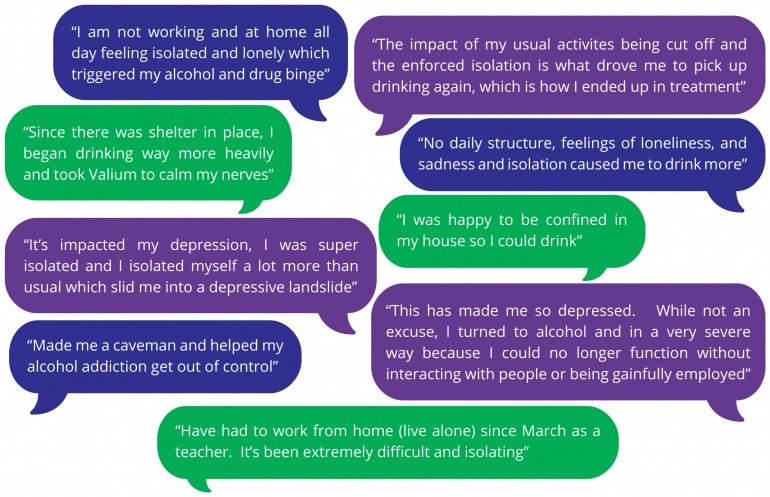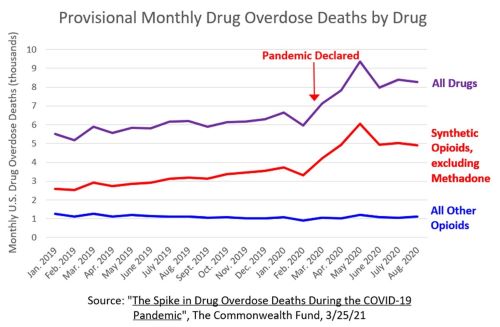The National Center for Health Statistics estimates that 93,321 Americans fatally overdosed during 2020, an almost 30% increase from 2019:
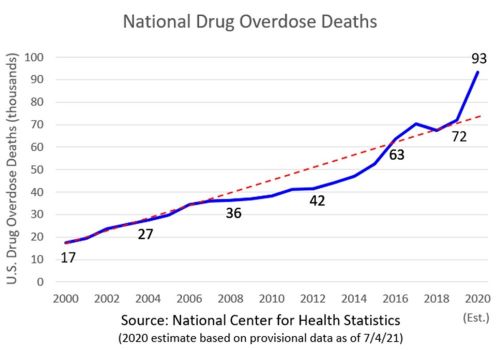
Large numbers like 93,321 have a tendency to numb. But every single one of these men, women and children was a mother’s immensely-loved child, a cherished and totally unique individual with unlimited potential whose death caused overwhelming grief.
Brenda Zane, founder of the parent’s support group The Stream, communicates how heartbreaking every single one of these deaths is:
“In the past few months, three of our moms have lost their precious babies. I’ve wrestled deeply with sharing this because it’s traumatizing, and yet it’s truth. It’s the world we live in and I’ve vowed to always, always be honest with you, even when it’s painful.
When I received the news of these losses it took my breath away, not because I didn’t think it would happen, but because it happens and the world keeps right on going. The Amazon guy just dropped off my package, my wifi still sucks and the dogs need to get walked. Countries are still warring with each other and politicians are bickering about who-knows-what.
It’s inconceivable that these bright lights, these beautiful souls with so much potential have ceased to be and the world still spins. Our babies, soccer players, artists, math-haters, animal lovers, chore-forgetters. They are not a statistic.”
Why did overdose deaths, which appeared to have plateaued in 2018 and 2019, increase so drastically during the pandemic?
To start with, the threat of getting sick or dying from the coronavirus, widespread job losses, sudden 24/7 child care responsibilities, and an election that threatened to split the country apart caused levels of depression and anxiety among American adults to more than triple during the first year of the pandemic:
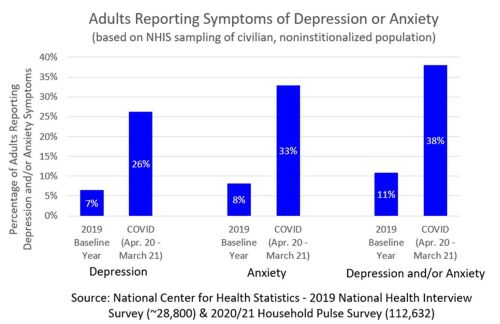
Additionally, the closing of workplaces, gyms, and most other outside activities isolated individuals in their homes, which can be particularly dangerous for individuals wrestling with addiction, as these comments from individuals in rehabs during the pandemic show:


